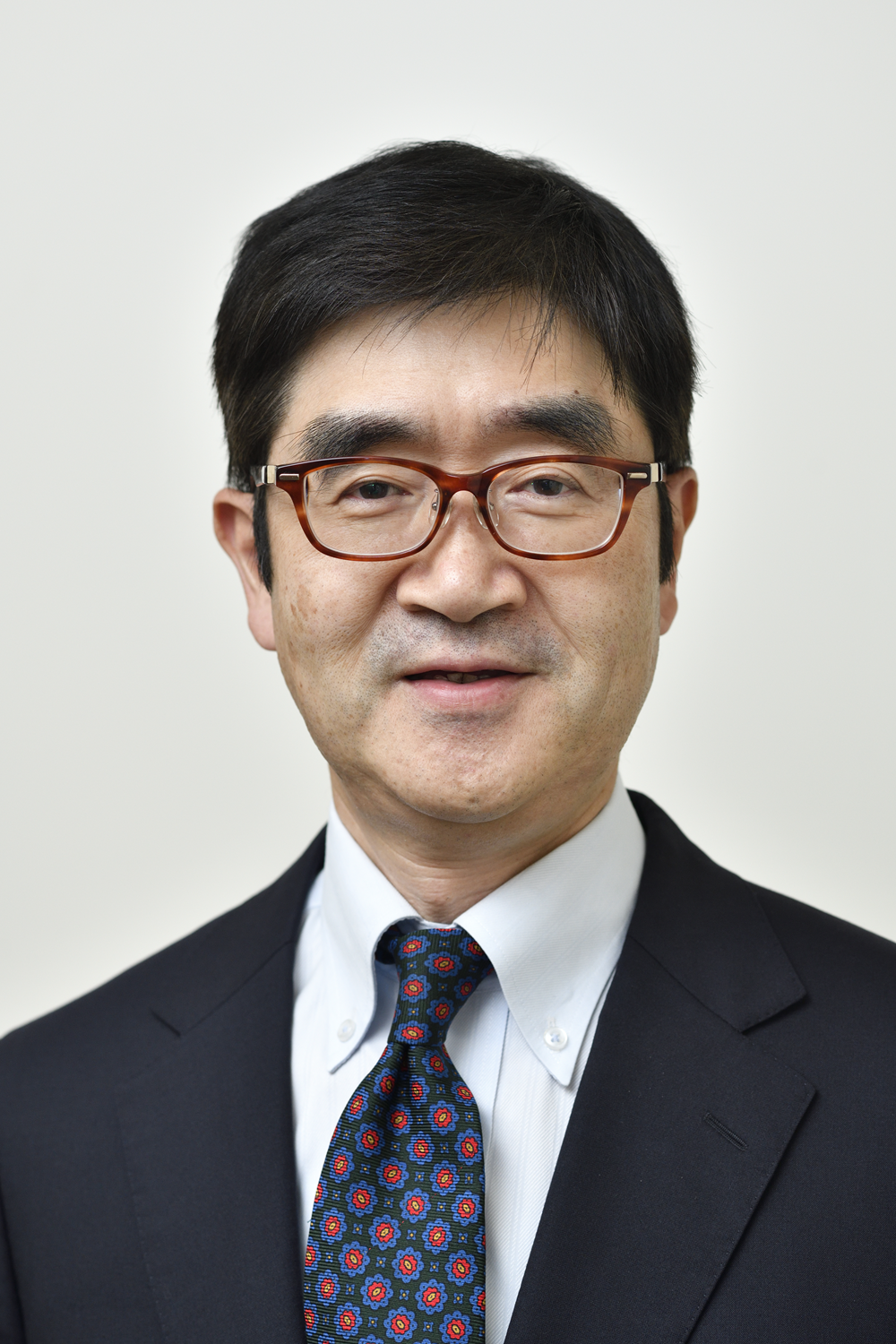
Since its inception in 1972, the Tokyo Metropolitan Institute of Gerontology has been making progressive efforts in resolving concerns of the super-aged society. In 2009, the institute was combined with the Tokyo Metropolitan Geriatric Hospital in the same campus to begin a new local incorporated administrative agency as Tokyo Metropolitan Institute for Geriatrics and Gerontology (TMIG). Since 2023, approximately 250 researchers, including 118 full-time employees, part-time employees, and graduate students, are engaged in research activities in TMIG based on the medium-term goals approved by the Tokyo Metropolitan Assembly.
The first medium-term goal (2009‒2012) was to promote "research to support medicine and care for older adults," which produced positive results, and received a high evaluation from the Tokyo Metropolitan Local Incorporated Administrative Agency Evaluation Committee and the external evaluation committee affiliated with TMIG.
The second medium-term goal (2013‒2017) was to promote "research aiming to maintain and advance the elderly's health and improve their vitality." Since we moved to our new facilities in 2013, we launched new research agendas, i.e., "the early detection of dementia and the development of a system to train doctors and nurses" and "the development of biomarkers associated with aging and age-related diseases," which produced positive results.
The third medium-term goal (2018‒2022) was to promote "research aiming to advance the elderly's healthy life-span and improve their quality of life," wherein we prioritized research on how to overcome geriatric syndromes, support the elderly living in residential areas, and establish leadership in gerontology research. In addition, we launched the Healthy Aging Innovation Center (HAIC) to promote translational research, wherein clinical research and basic research are integrated. We also launched the Integrated Research Initiative for Living Well with Dementia (IRIDE) in 2020 and the Smart Watch Project in 2022. We are steadily progressing with the development and clinical application of new digital devices aiming at extending the healthy lifespan of the elderly.
The fourth medium-term goal (2023-2027) is to advance the state of geriatric care and medicine from "conventional curative medicine" to "curative and supportive medicine" to maintain and recover activities of daily living. We will continue promoting the "Health Promotion" research project.
The strongest point of TMIG is that we have researchers engaged in interdisciplinary research. They have backgrounds in biology, basic medicine, and pharmaceutics, as well as in epidemiology, welfare, nursing care, and social sciences, such as medical economics. We also have a strong support of doctors, nurses, pharmacists, paramedics, and other health professionals in TMGH.
Because we are entering the super-aged society, there are many research agendas to be undertaken by our institute. All are working daily on our research topics using advanced research equipment. We always appreciate your continued instruction, encouragement, and support for TMIG.
Masahiro Akishita, MD, PhD
President of Tokyo Metropolitan Institute for Geriatrics and Gerontology